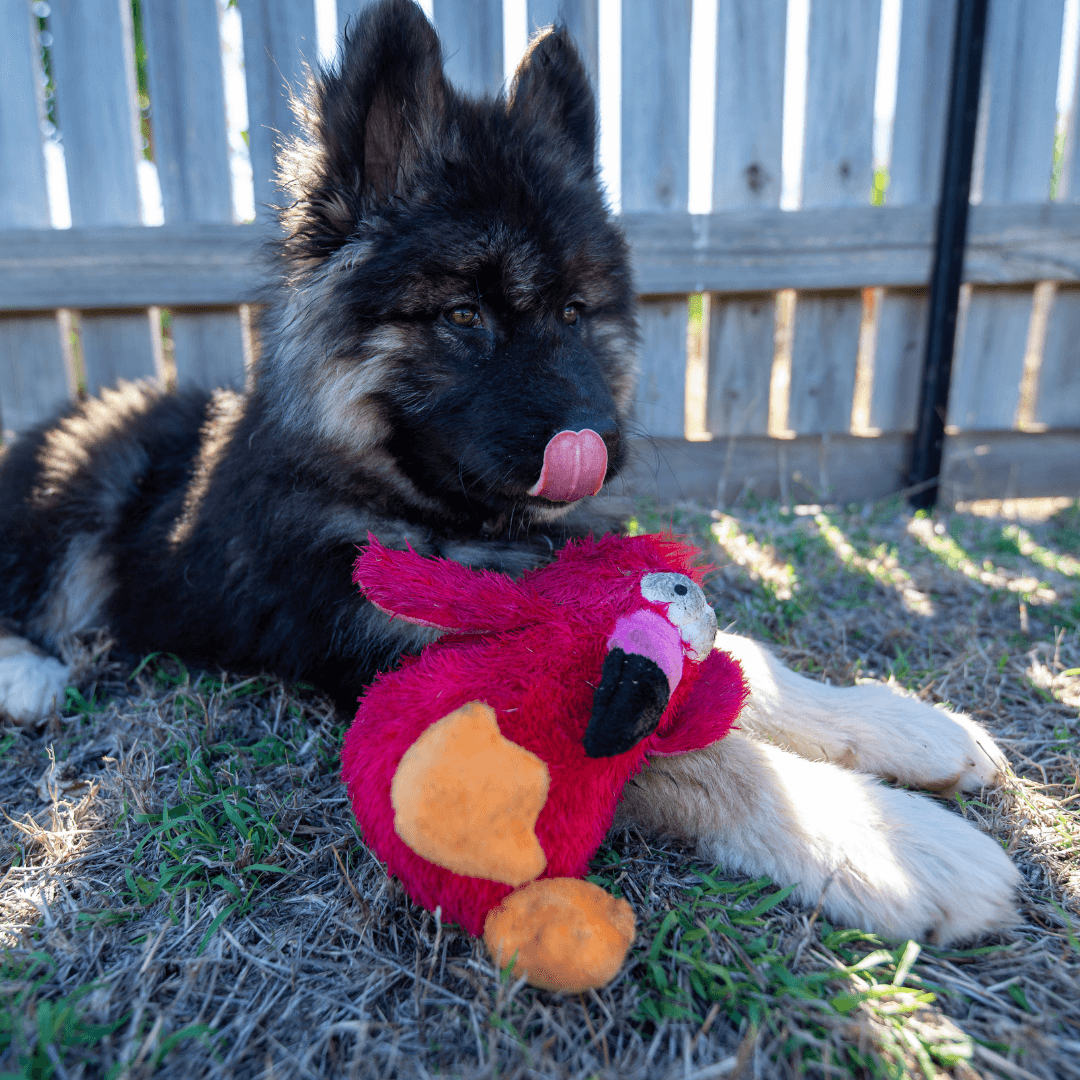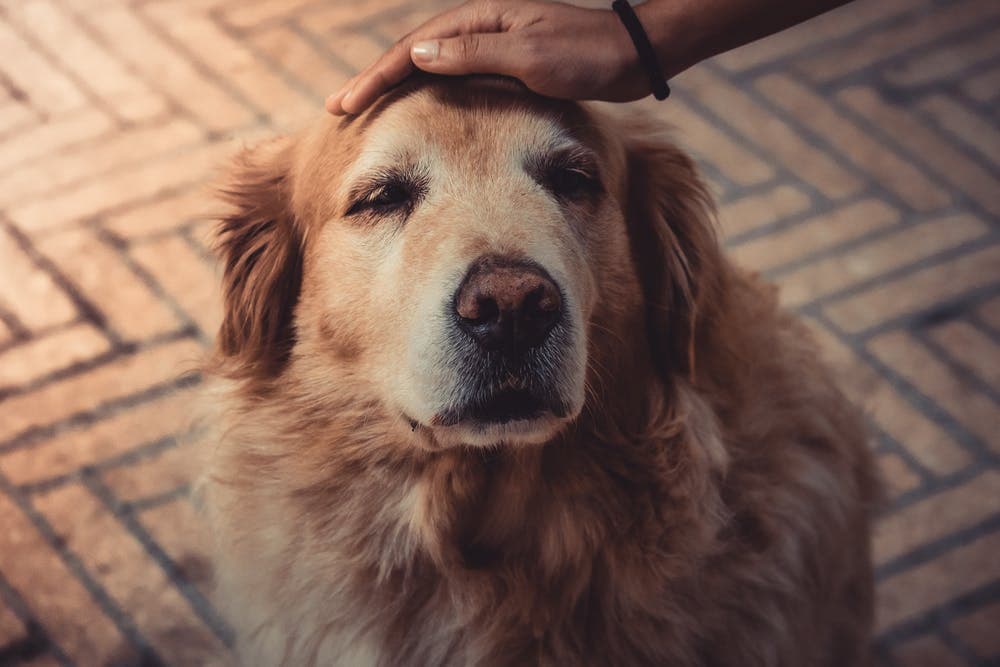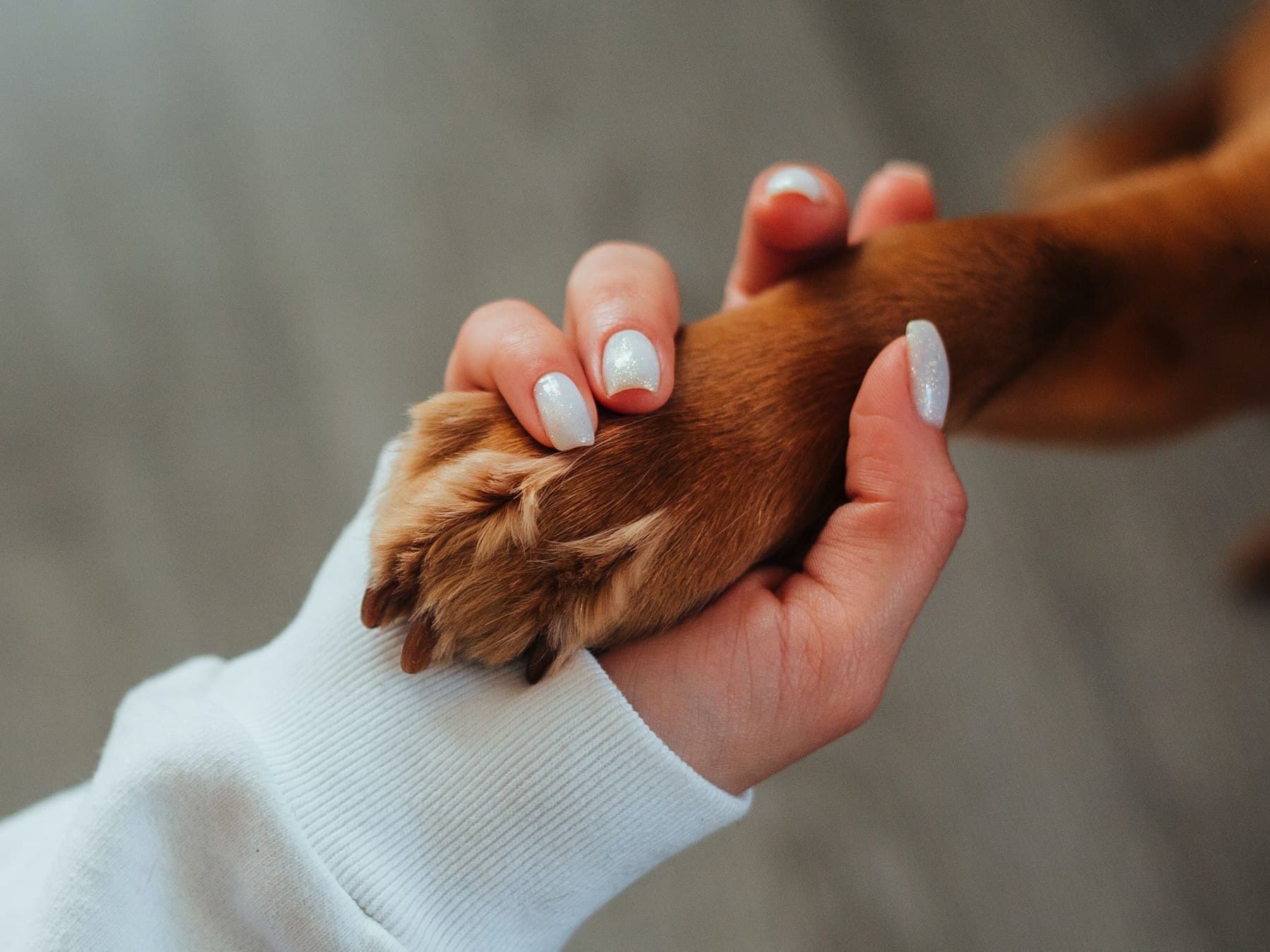
Why does my dog smell? Can it be serious if my dog smells? What other symptoms should I look out for if my dog smells? What can I do at home to help my dog's smell? Our Dog First Aid Merseyside expert Yvonne, answers all of your questions!
We commonly use the phrase “something smells like a wet dog” to describe when we smell something revolting. And let’s be honest, it’s usually not just you who notices when your dog smells unpleasant, others tend to notice it too especially when those smells start to linger in the home.
If you do find yourself asking this question about your dog (and I have on numerous occasions!) there could be a whole host of reasons for the pong, most of which are simple to resolve. But sometimes, nasty smells elsewhere can also indicate serious illnesses or diseases.
Before we start looking at the reasons, please do bear in mind that all dogs have their own unique aromas, and some breeds are naturally smellier than others. Their own individual skin oil, and the fact that they sweat through their paws, will add to their own individual smell.
On my training courses, I do talk about getting used to the normal aromas your dog has and what could it mean if you do notice a change in how your dog smells.
Dental illness
The first thing that I think about when I think about doggy smells is their breath, especially when you are greeted with lots of doggy kisses! Some of the things that cause your dog to smell particularly bad are dental issues and some of these issues can be quite serious.
Think about it, if you didn’t brush your teeth your breath wouldn’t be too pleasant either. Without proper care, our dog’s teeth can become problematic. Bacteria can become trapped and this will cause them to have stinky breath, especially if they are excessively drooling. In addition, their teeth may be loose and/or discoloured.
As well as gum inflammation, which commonly leads to periodontitis, or loss of the supportive, structural tissues surrounding the teeth, poor dental health can affect our dog’s kidneys, liver and heart. It is therefore essential to establish good oral hygiene from an early age.
The easiest way of taking care of your dog’s teeth is by use of water additives. These work by preventing soft plaque from sticking to the teeth. You should brush your dog’s teeth once a day to keep the build-up at a minimum and there are lots of meaty flavoured toothpastes which should help make it a more pleasurable experience for your dog. You could also consider using dental chews that may help make their breath smell a whole lot more pleasant. A full dental cleaning by your vet, once or twice a year, will also help to keep dental disease at bay.
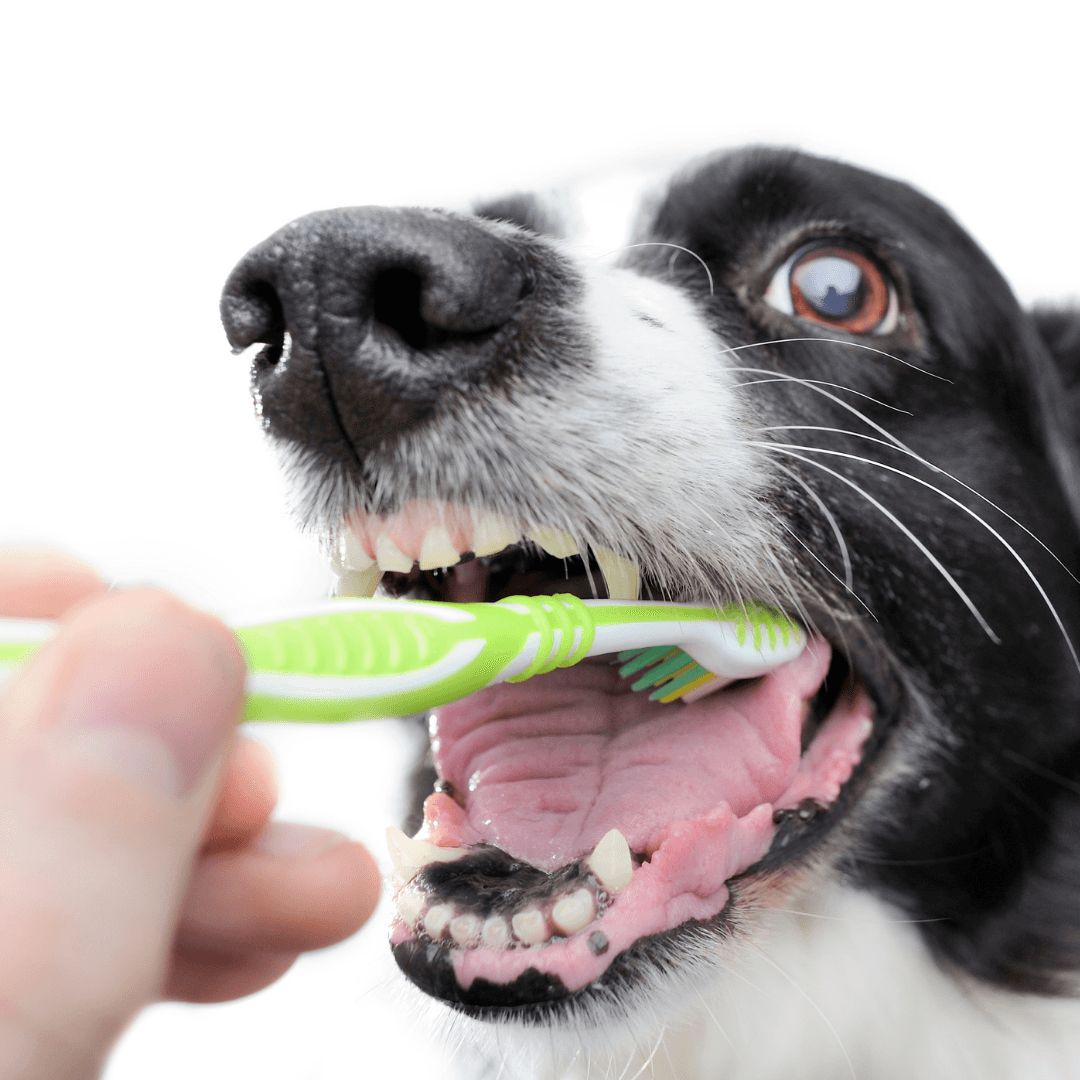
Infected ears
Okay, I’ll admit it, I smell my dog’s ears several times a day! I just love how they smell. However, there is a more serious reason as to why I give their ears a regular sniff. If there was to be a change in how they smell, it could be an early indication of an infection in their ear and I would therefore notice it straight away. This means the infection could potentially be treated much sooner than if I didn’t smell them regularly.
Infected ears smell pretty foul. They are full of bacteria and yeast, both of which have a pungent and very noticeable smell. You may not notice the visible signs of infection right away since it can be down deep in their ear canal, but you will certainly notice the change in smell. It is also likely that you will see your dog scratching at his ear or see a gunky yellow or brown discharge leaking from the ears; however, the change in smell is likely to be the thing you notice first.
Don’t worry if you do spot these signs because it is treatable if you get your dog to your vet as soon as you can. It is likely your vet will need to prescribe both a treatment to get rid of the infection and some ear cleaning solution too.
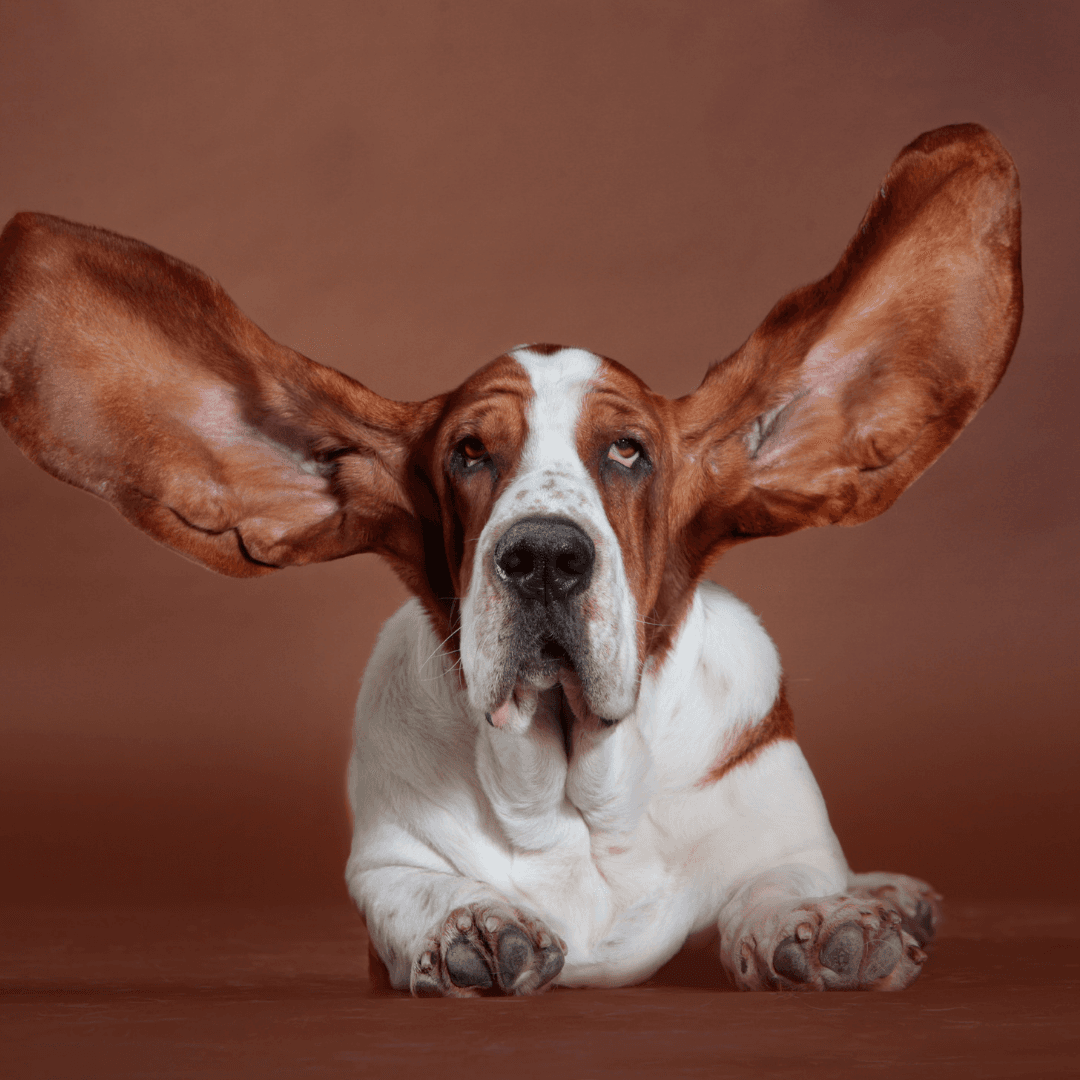
Allergies and skin conditions
Dogs with wrinkly skin, such as pugs, Shar Pei’s or even English Bulldogs can be prone to developing skin fold dermatitis which can be quite smelly and uncomfortable for your dog. This develops in warm, moist areas such as in their skin folds. Unfortunately, these areas are the perfect breeding ground for bacteria and yeast and if left untreated, these organisms will produce toxins which cause both inflammation and irritation and even infection.
Other causes of smells include hormonal imbalances, parasites, skin allergies and fungus.
You might notice your dog displaying itchy behaviours such as head shaking, licking or even rubbing their body against walls, furniture or even against people!
When you are examining your dog, look for changes in their skin and coat, or even missing patches of fur where your dog may have been excessively licking or nibbling at the area.
In-between baths, you should regularly brush your dog as this will loosen the dead skin, dirt and saliva that have built up.
It is also possible for your dog to be allergic to their food, pollen or even some plants. Without treatment, these allergies could lead to a serious skin condition which may be accompanied by a really bad smell. If you think your dog has allergies, you should speak with your vet to find out what your dog is allergic to and the appropriate method of treatment.
Diet
In addition to allergies and skin conditions, your dog’s food may contribute towards their bad breath. If they eat the wrong kind of food, it may result in them having a tummy ache and could cause them to vomit too. Some foods may agree more with your dog than others so a change in their diet should help to clear the air.
Sometimes, my dogs have intermittent gurgling (or bubbling) noises in their tummy. These are normal and nothing to worry about. However, there are some foods that may cause your dog to have more gas than others. These are commonly human foods such as beans and peas, some dairy products together with foods which are higher in fat, but occasionally your dog’s favourite kibble can do this too. If your dog is excessively gassy, it would be worth examining their food labels to see if it contains any of the above ingredients. If it does, the chances are you may just need a change of food in order to resolve their windy problem.
However, excessive and putrid gas may indicate a health problem. Since these problems are most likely related to digestive disorders you should discuss this with your dog’s vet.
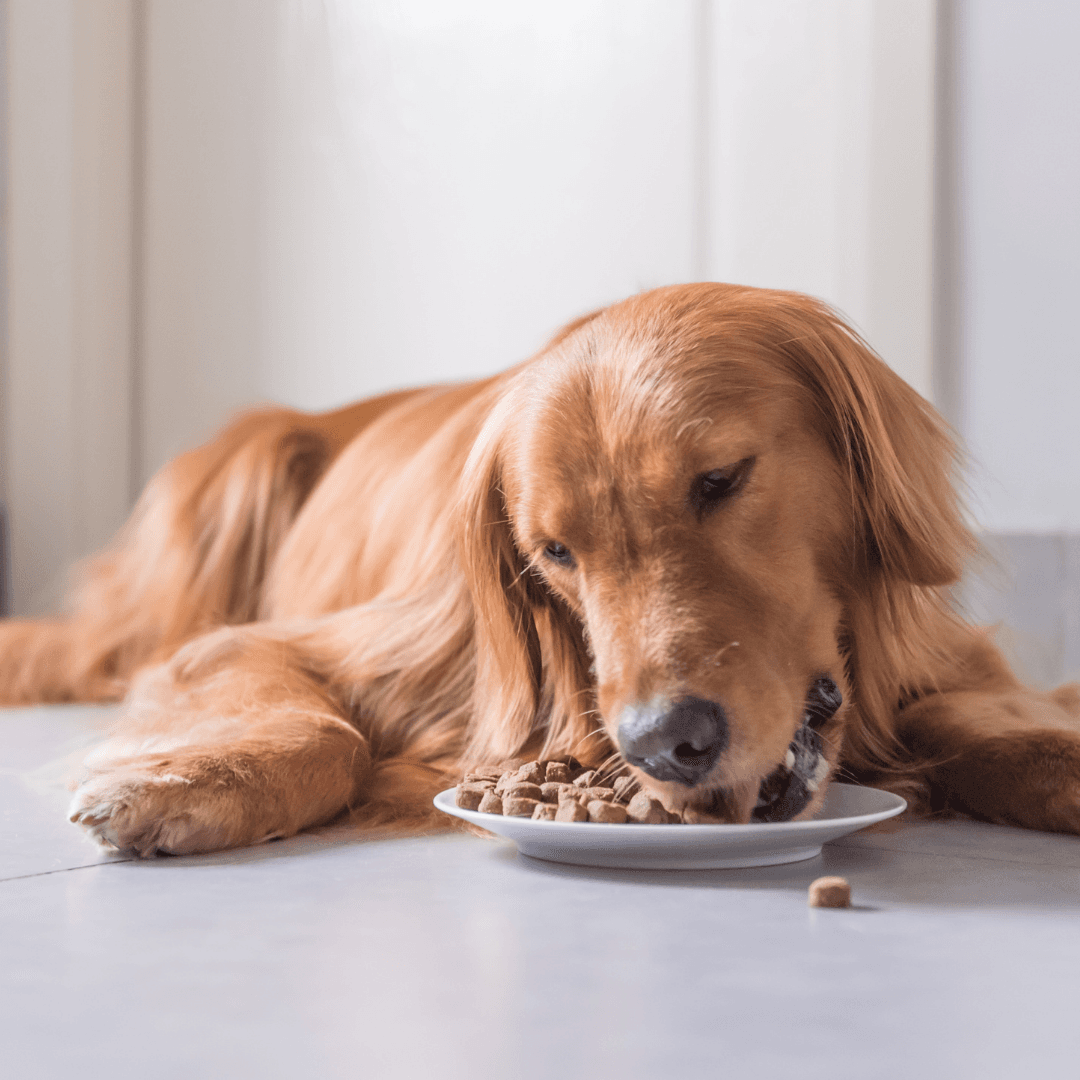
Environmental issues
Hands up if your dog loves to roll in stinky stuff, like fox poop or even dead animals! Mine certainly do and as gross as it is to us, it is perfectly normal for our dogs to sometimes do these gross things. It is thought that when they do this, it is an attempt to camouflage their own scent just like their predecessors would have done when hunting.
If this is the case for why your dog smells bad then it’s time to rub a dub in the tub! Be sure to choose a suitable shampoo which is specifically for dogs, oh, and be sure to wear some rubber gloves to protect your skin from the putrid smell too! Be aware that some products that have been designed specifically for human skin could be drying and quite irritating to canine skin.
Unfortunately, too many of us harbour misconceptions about how often which should be giving our dogs a bath and we may be bathing our dogs too much. Bathing too often can be detrimental to your dog since it can result in irritated skin, damaged hair follicles, and may also increase your dog’s risk of bacterial or fungal infections.
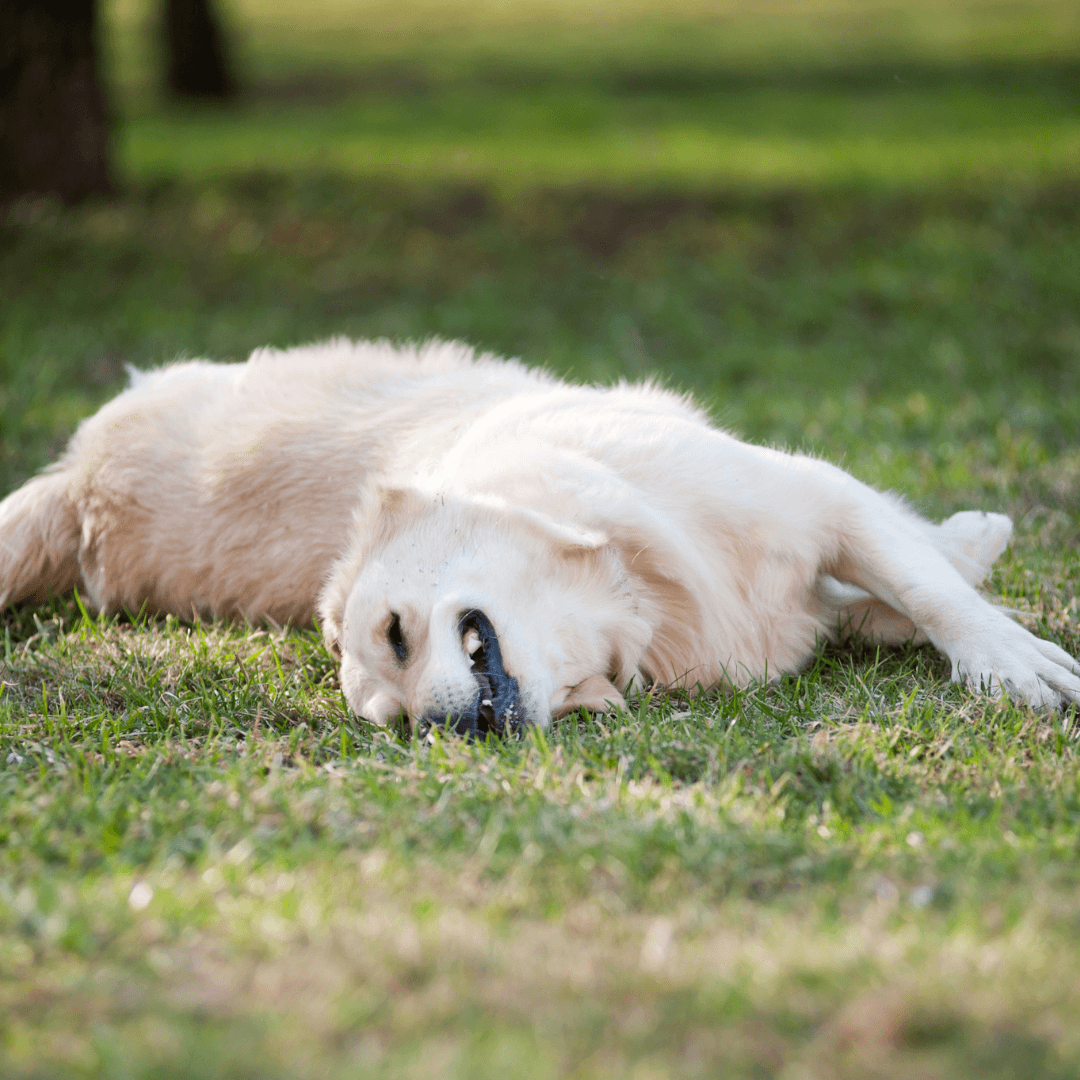
Anal glands
Every dog owner dreads the putrid, fishy smell that is often associated with blocked anal sacs. Anal sacs are two small glands which are located on either side of your dog’s rectum. It is these glands which emit a thin, foul-smelling fluid when your dog defecates.
If the anal sac is infected or impacted, it can cause a great deal of discomfort for your dog. They will often lick their hind end excessively or may even scoot their bottom along the floor in order to relieve the pressure from full anal sacs. When they do, the foul scent from their anal glands can be left all over your floor, carpets or soft furnishings!
If your dog shows signs of anal sac issues, you should contact your vet to see whether a manual expression of the anal sac is needed before they possible rupture and form an abscess.
Urinary Tract Infection
Should you notice a strong scent of urine on your dog, this may be down to a urinary tract infection (UTI). You may also notice an increase in thirst and urination or even pain while urinating.
If your dog’s urine smells abnormal, you should discuss this with your dog’s vet. This is because there are other medical reasons behind this smell including diabetes, fungal infections, or kidney stones or kidney disease and failure.
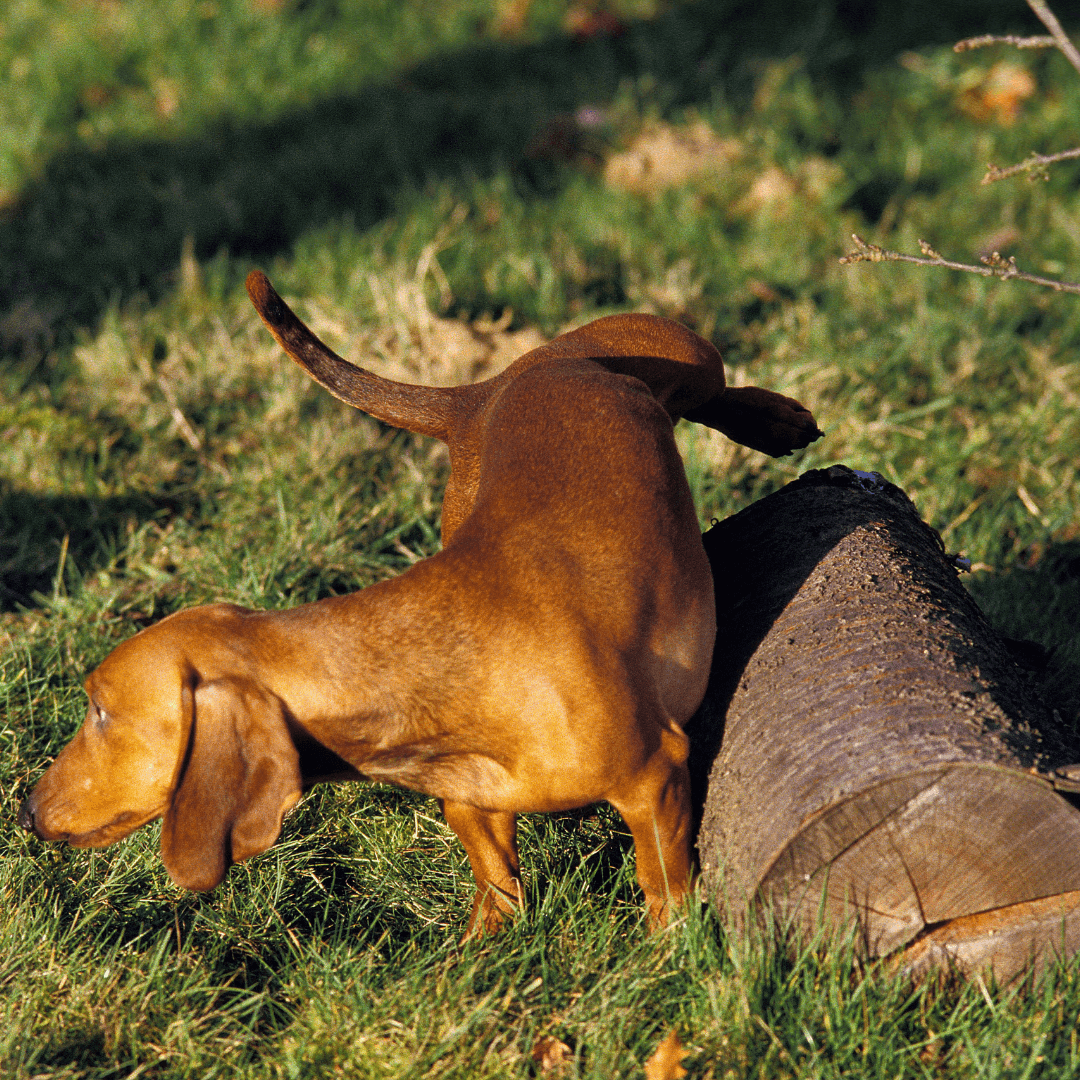
Kidney disease
The kidneys are very important since they are responsible for removing toxins from the blood and excreting them from the body in urine. They also regulate blood pressure and blood acidity levels, as well as preventing water loss and maintaining an overall healthy metabolic balance. If your dog has kidney disease, their ability to eliminate the waste products from the bloodstream is affected. As a result of this, the waste products build up and they can create an ammonia-like odour to your dog’s breath. Their breath is sometimes also described as having a metallic odour to it.
Kidney disease can cause many different symptoms, commonly including excessive drinking and urination, weakness and pale gums. As kidney disease progresses and your dog is unable to take in enough fluid to flush out the toxins building up, you may notice your dog becoming nauseous, vomiting or not wanting to eat.
Diabetes
Dogs in late-stage diabetes may also have a unique odour to their breath, much in the same way as kidney disease causes a unique smell.
If your dog is either not producing enough insulin or not using insulin properly, it’s body will be unable to use the food it eats for nutrients. Without receiving adequate nutrition, despite how much your dog eats, the body will begin to break itself down for nutrients and this generates ketones. As a result, when your dog is creating ketones, the breath will have a very distinctive odour. This is sometimes described as smelling like nail polish remover, or even sweet smelling.
Wet Dog
Ah, good old wet dog smell!
Have you ever noticed that your dog may smell perfectly fine before they have a bath, but during and after the bath is a completely different matter? The reason wet dogs smell so bad is because it releases old oil, dirt, yeast and other microorganisms into your dog’s fur as you wash them.
To avoid this smell, you should make sure to dry your dog thoroughly after their bath. If your dog doesn’t like the hairdryer, it is time to invest in a really absorbent towel or even a happy hoodie, which groomers may use if your dog is particularly sensitive to or stressed by the sounds of the hairdryer.
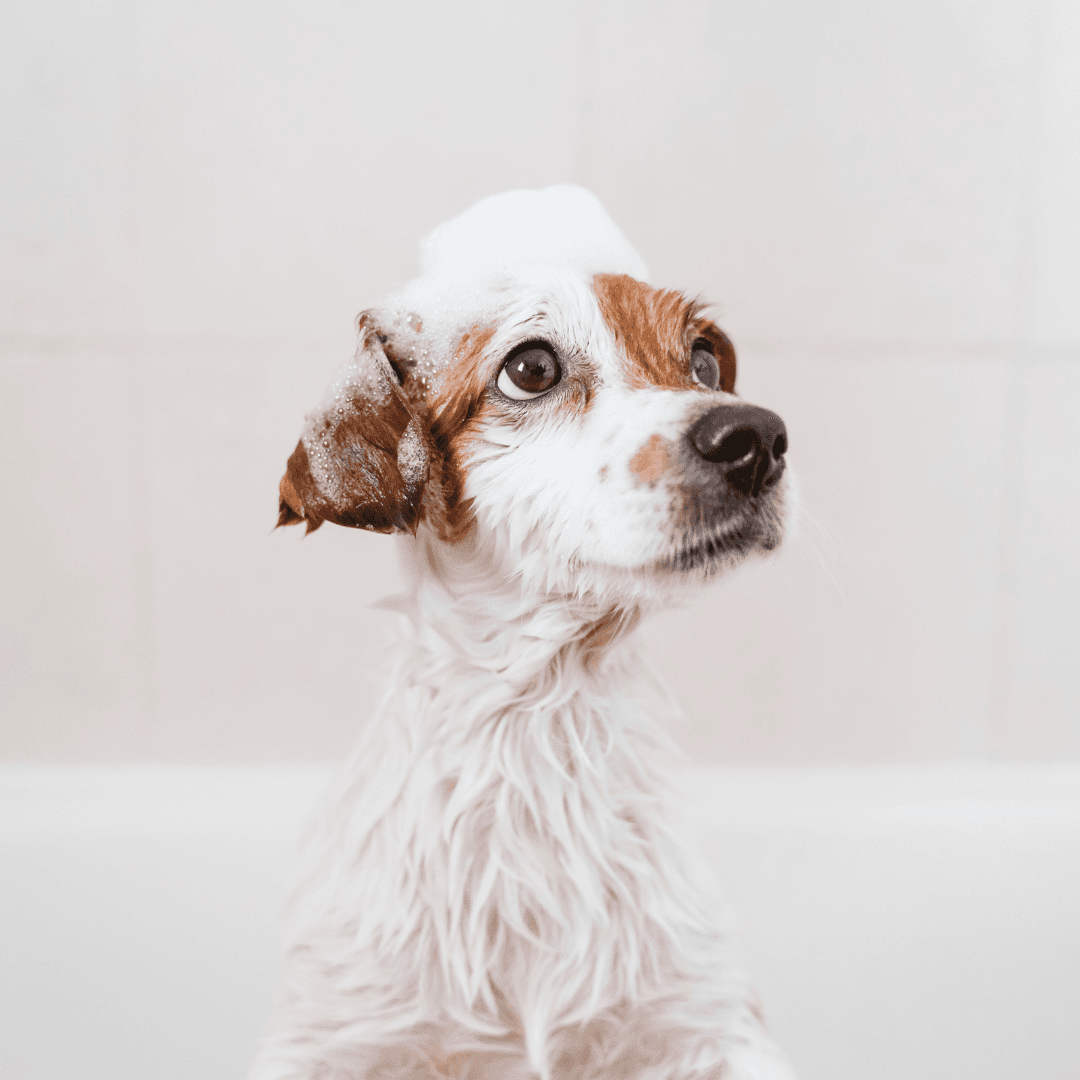
Some final pointers….
There are some things to remember when dealing with smelly dogs. Firstly, don’t go wild with spray-on fragrances. This might sound tempting, but whilst it might disguise the smell from your dog in the short term, body sprays or perfumes can cause more skin irritation.
You should also avoid home remedies such as;
Borax
Hydrogen peroxide (especially inside dogs’ ears)
Vinegar
Bleach
Coal tar
Finally, be sure to regularly wash both your dog’s bedding and their toys. These items will begin to smell and will influence both the way your dog and the way the entire home smells too. You should take particular care with things they put in their mouth, such as chew toys, since their saliva can transfer both dirt and bad smells!
